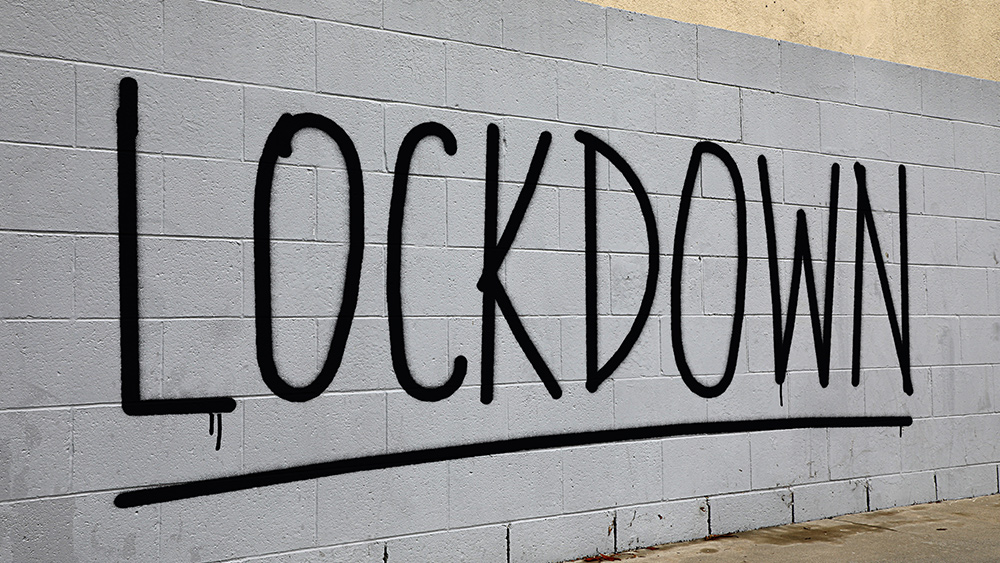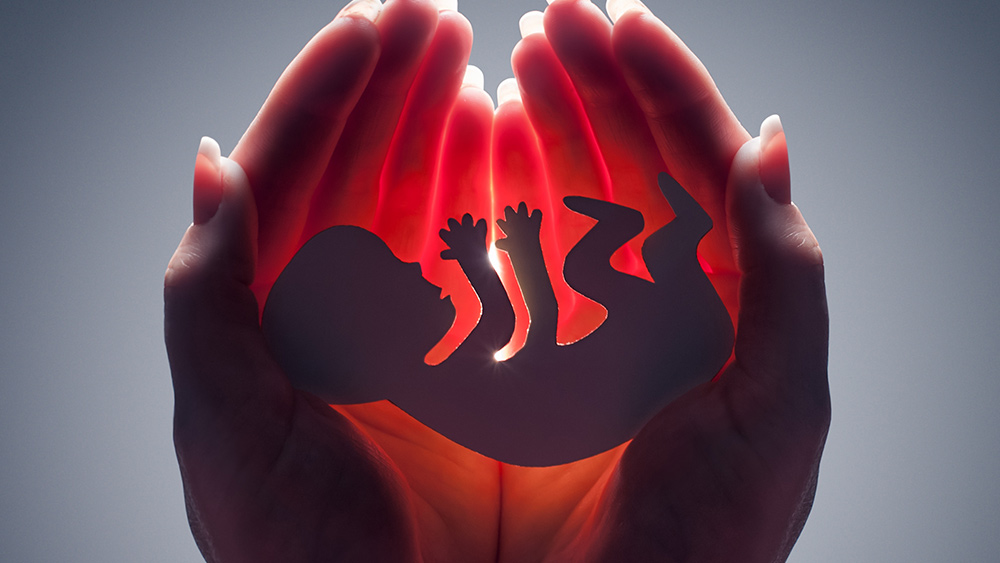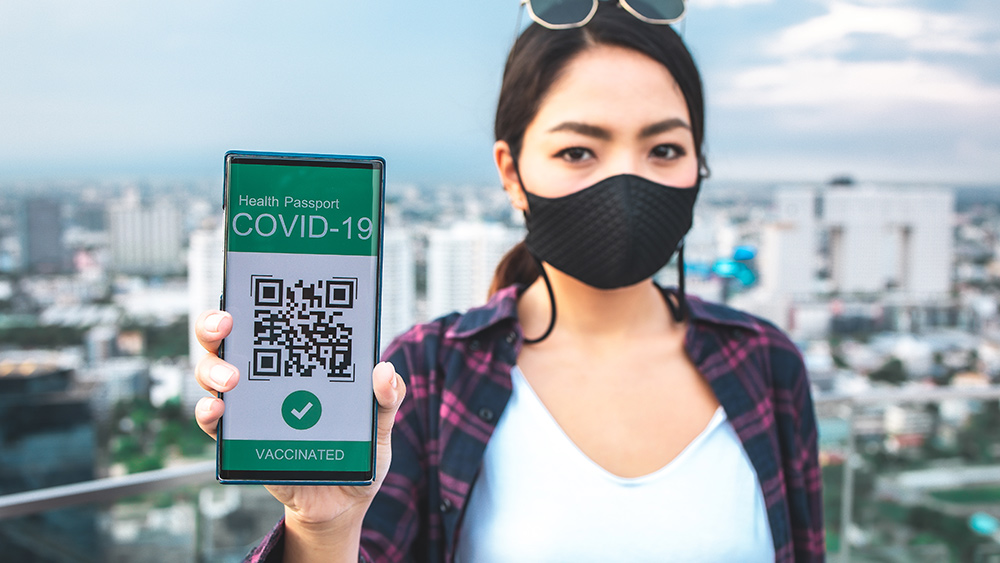Johns Hopkins University ordered to add $2M to settlement fund for students not given refunds following cancellation of in-person classes due to COVID lockdowns
08/13/2024 / By Laura Harris

Johns Hopkins University has been ordered to pay an additional $2 million into a settlement fund for students who paid tuition for the first semester of 2020 but did not receive refunds after the university canceled in-person classes due to the Wuhan coronavirus (COVID-19) pandemic lockdowns.
In March 2020, midway through the spring semester, Johns Hopkins canceled all in-person classes but resisted issuing refunds. The university argued that the online-only classes fulfilled their contractual obligations to students. However, Elena Botts, the former student who initiated the lawsuit, disagreed. (Related: Were COVID lockdowns and “distance learning” PLANNED to make today’s kids and the next generation of adults DUMB ENOUGH to vote for more communism?)
“Defendant is attempting to replace the irreplaceable – on-campus life at an elite university – with ‘virtual learning’ via online classes, and is attempting to pass off this substitute educational experience as the same as or just as good as fully participating in the university’s academic life,” her suit, filed in May 2020, stated.
Johns Hopkins initially sought to dismiss the litigation, but decided to settle after a federal judge rejected its appeal. It cited the uncertainty of the case outcome and the substantial risk and expense of prolonged litigation and appeals as reasons for settling.
On July 31, United States District Judge Julie Rubin of the District Court for the District of Maryland signed the order after identifying an additional 2,607 students who had paid for the 2020 spring semester but had not been refunded. Johns Hopkins has been ordered to deposit an additional $2 million into the settlement fund later this year, which would be in addition to the approximately $8 million the university was already previously ordered to pay into the fund.
To date, 10,851 students or former students have received or are awaiting payouts from the fund. The amount each student receives varies, depending on factors such as tuition paid. Scholarships are excluded from refunds. An additional 2,607 individuals have been identified as part of the class, all of whom enrolled at Johns Hopkins for the spring of 2020 and did not receive refunds for their tuition and fees. The tuition for a semester at the time was at least $26,150.
In addition to the $10 million being paid to students and former students, the university was ordered to pay $2.2 million in attorney fees for the plaintiffs. Botts, who paid approximately $26,600 to attend the university’s School of Advanced International Studies as a graduate student, has been awarded about $16,200 for her role as the lead plaintiff.
Johns Hopkins has required COVID-19 vaccination for students and staff
Aside from not refunding tuition during the lockdown, Johns Hopkins is one of the 68 undergraduate universities that required COVID-19 vaccination for anyone studying or working on-site until February 2024.
Johns Hopkins enforces vaccination for anyone studying or working on-site, with non-compliance potentially resulting in a denial of access to university property and electronic resources or disciplinary action under the Student Conduct Code. Meanwhile, fully remote students or employees are exempt, and medical and religious exemptions can be requested.
However, exemptions may not fully alleviate the impact on unvaccinated students’ education.
MedicalTyranny.com has more news about authorities promoting COVID-19 vaccines and lockdowns.
Watch Dr. Roger Hodkinson blast the COVID-19 pandemic as a “pack of lies” below.
This video is from the What is happening channel on Brighteon.com.
More related stories:
Dr. Phil slams the HARMFUL effects of COVID-19 lockdowns on kids.
Grand jury finds that COVID-19 mask mandates and lockdowns were not effective after all.
Sources include:
Submit a correction >>
Tagged Under:
big government, campus insanity, College, conspiracy, corruption, deception, education system, finance riot, Johns Hopkins University, lockdowns, medical fascism, medical martial law, Medical Tyranny, money supply, pandemic, progress, public education, traitors, universities, vaccine mandates, vaccines
This article may contain statements that reflect the opinion of the author




















